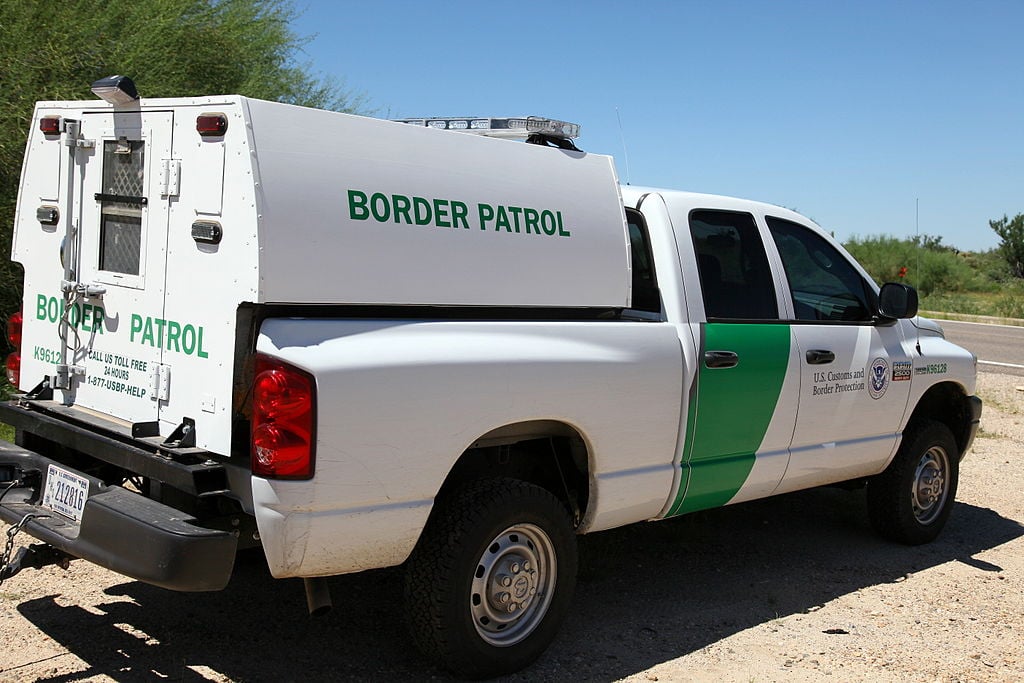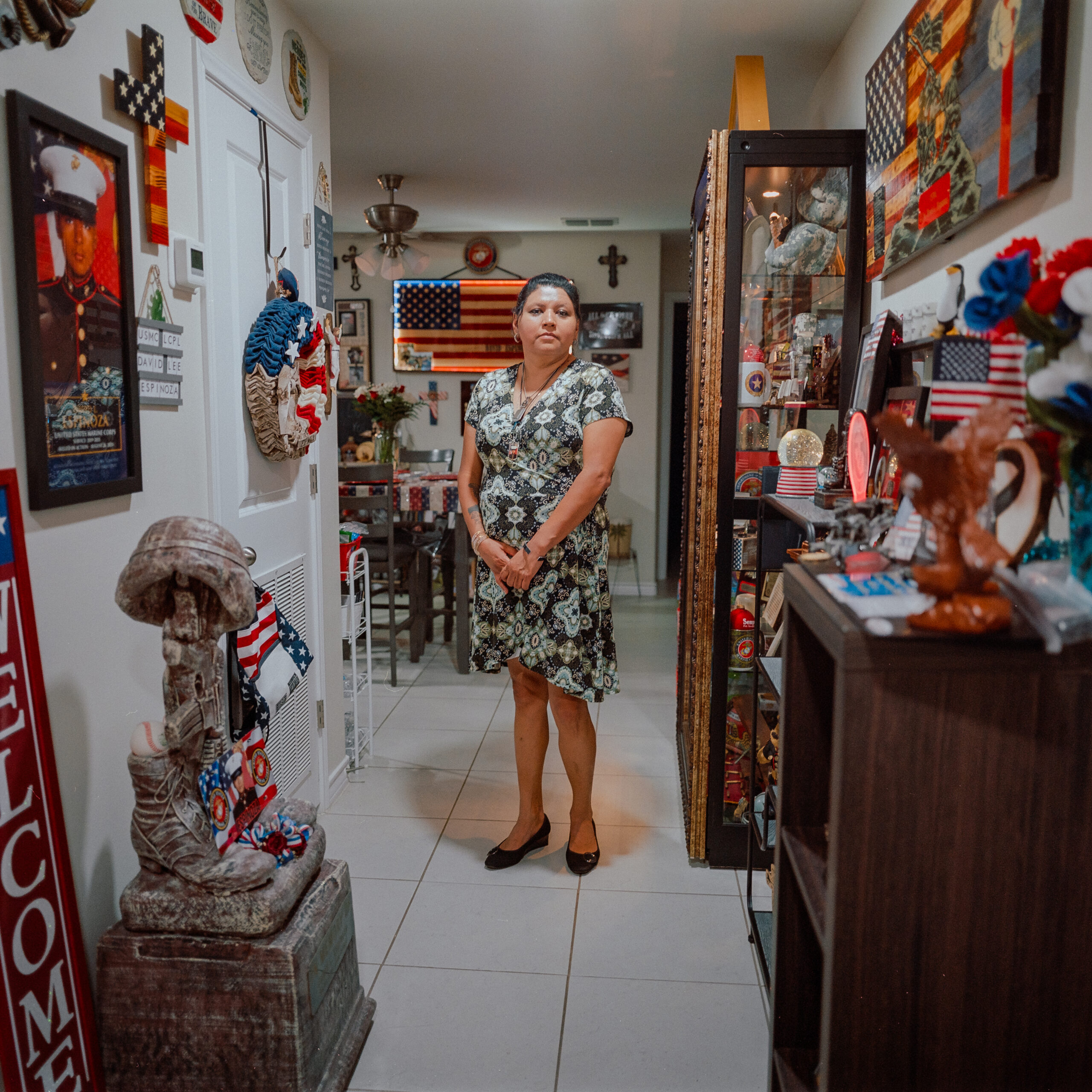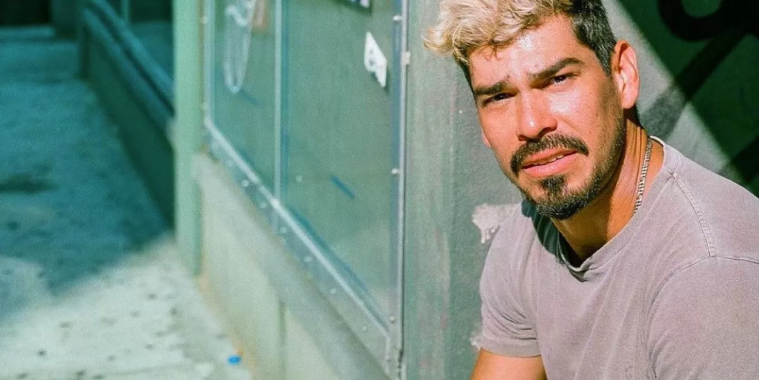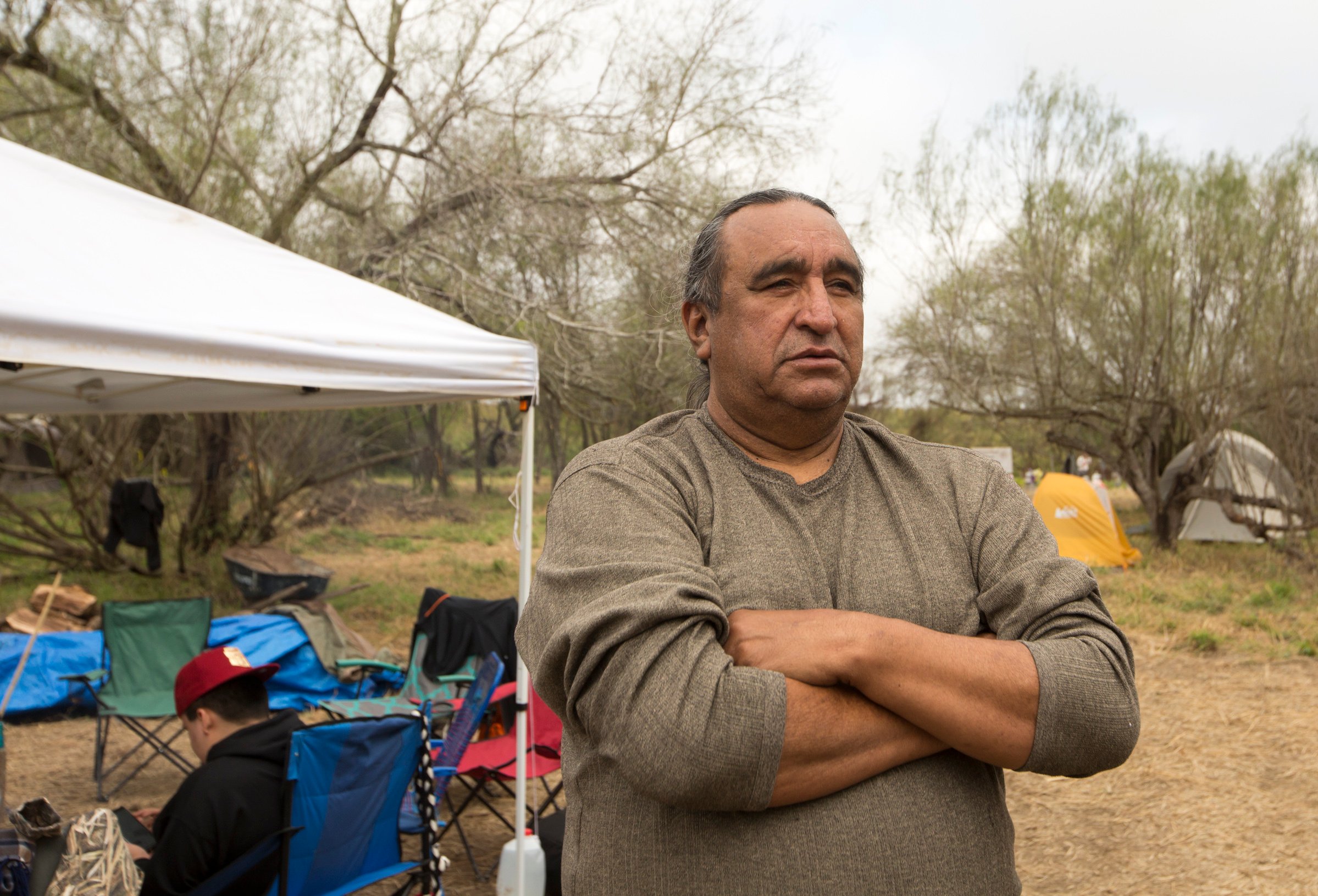
Border Patrol Agent’s Assault of Three Women Shakes Border Community
Residents demand more oversight of Border Patrol agents and an end to what they say is a pattern of abuse.

Above: Border Patrol vehicle
On March 12, a Honduran woman, her 14-year old daughter and another teenage girl surrendered to U.S. Border Patrol agent Esteban Manzanares on the banks of the Rio Grande at Anzalduas Park in Mission. What happened next has shaken a border community and become a major scandal for the U.S. Border Patrol.
Instead of driving the women to the Border Patrol station for processing, Manzanares, 32, drove them to a secluded area along the border, where he raped the older woman and slit her wrists. He then raped her 14-year-old daughter and tried to break her neck. The agent left the mother and daughter for dead and kidnapped the other teenage girl in his patrol truck.
Other Border Patrol agents spotted the woman, her wrists bleeding, shortly after 5 p.m. that same day on a border surveillance camera. She was walking through a gap in the border fence away from the river. The woman told agents that a “man wearing green fatigues” had assaulted her and her daughter.
More than seven hours later, according to the Associated Press, local and federal investigators arrived at Manzanares’ apartment in Mission where they heard a gunshot. Inside they found the missing teenager still alive. The agent had killed himself with a self-inflicted gunshot wound. According to media reports, Manzanares had left the bound and naked teenager at his home, and left to finish his shift. After finishing work at midnight, he returned home and raped the girl before killing himself as investigators closed in on his apartment in the early morning hours.
Residents in the Rio Grande Valley say they are still trying to process the series of horrific events. Some residents told the Observer that the attack, while more horrific than anything they’ve heard of, is part of a long string of abuses in their community by agents of U.S. Customs and Border Protection, the parent agency for Border Patrol and now the largest law enforcement agency in the nation. They want more oversight of Border Patrol agents. They also want an explanation of how Manzanares was hired and whether the attacks could have been prevented. The McAllen Monitor reported that federal authorities were already investigating Manzanares after previous complaints against him.
“It is unimaginably horrific. I can’t imagine the trauma these women have suffered,” says Michael Seifert, an organizer with the Rio Grande Valley Equal Voice Network. U.S. Customs and Border Protection Commissioner Gil Kerlikowske publicly apologized for the attack last week, but Seifert says that isn’t enough.
“We need to make sure these women don’t suffer further,” Seifert said. “We need more than an apology. We need an explanation.”
Dr. Eloisa Tamez, a board member of Friendship of Women, a domestic violence shelter in Brownsville, said the Department of Homeland Security has done little to put community members at ease after the horrific incident. “We want to know more about the hiring process of the agent. Did they do a background check? How did he have the opportunity and impunity to do this?”
Neither U.S. Customs and Border Protection nor FBI officials would comment on the investigation or the health of the women, but media reports indicate the victims have been released from the hospital. Doug Mosier, a spokesperson for U.S. Customs and Border Protection, said the investigation into the assaults and suicide has been handed over to the FBI. The FBI’s San Antonio spokesperson Michelle Lee issued a statement shortly after the incident:
“Two of the victims escaped on March 12, 2014. After an extensive investigation, with the assistance of Homeland Security Investigations, Hidalgo County Sheriff’s Department and Mission Police Department, the third victim was rescued early this morning, March 13, 2014. The subject, a U.S. Customs and Border Protection Agent, was found deceased at his residence. The circumstances of his alleged involvement and subsequent death are under investigation.”
Both Seifert and Tamez have been longtime advocates for more oversight of Border Patrol agents. Unlike most law enforcement officers in the country, Border Patrol agents aren’t subject to the same standards, including dash cams on their vehicles or psychological assessments during the hiring process.
In 2007, under the Bush administration, the agency was put under a congressional mandate to rapidly increase its ranks. To make the quota, Border Patrol cut training hours, and outsourced background checks. Border Patrol hired Manzanares in 2008, amid this hiring binge, according to media reports. It’s not clear if Manzanares was ever given a mental health assessment or support.
The ACLU is closely following the case and says the incident is part of a pattern of abuses that includes fatal shootings and beatings by Border Patrol agents. Since 2010, border agents have killed 28 people—several of whom were standing in Mexican territory when they were shot. “It’s a problem not just in Texas but across the entire border,” says Astrid Dominguez, advocacy coordinator for the Texas ACLU’s Lower Rio Grande Valley office. “We are asking for a transparent investigation and a clear explanation of what happened.”
“The sad truth is we’re not afraid of the cartels or terrorists crossing the border in my community. We’re afraid of the men in our own uniforms,” Seifert says. “The system is broken.”
Dr. Nora Montalvo-Liendo, a nurse researcher with the Friendship of Women shelter in Brownsville, also sees the attacks as part of a larger problem in the Rio Grande Valley. “There is an epidemic of violence against women,” she says. “In our community, domestic abuse is still treated as a private matter to be dealt with at home. We need more resources and education to change this. We need a zero tolerance campaign for violence against women,” she says. Undocumented women are especially vulnerable, she says. “They are afraid to report the abuse because they don’t want to be deported or separated from their children.”
Both Tamez and Montalvo-Liendo want to know whether there have been other instances of federal agents in the Rio Grande Valley sexually assaulting undocumented women. They are appealing to the National Association of Hispanic Nurses and the Hispanic Medical Association to help create an independent panel of researchers to interview women and children in immigrant detention about sexual abuse and harassment. “We are not going to let this go,” says Tamez. “We want real action.”
To support journalism like this, donate to the Texas Observer.

